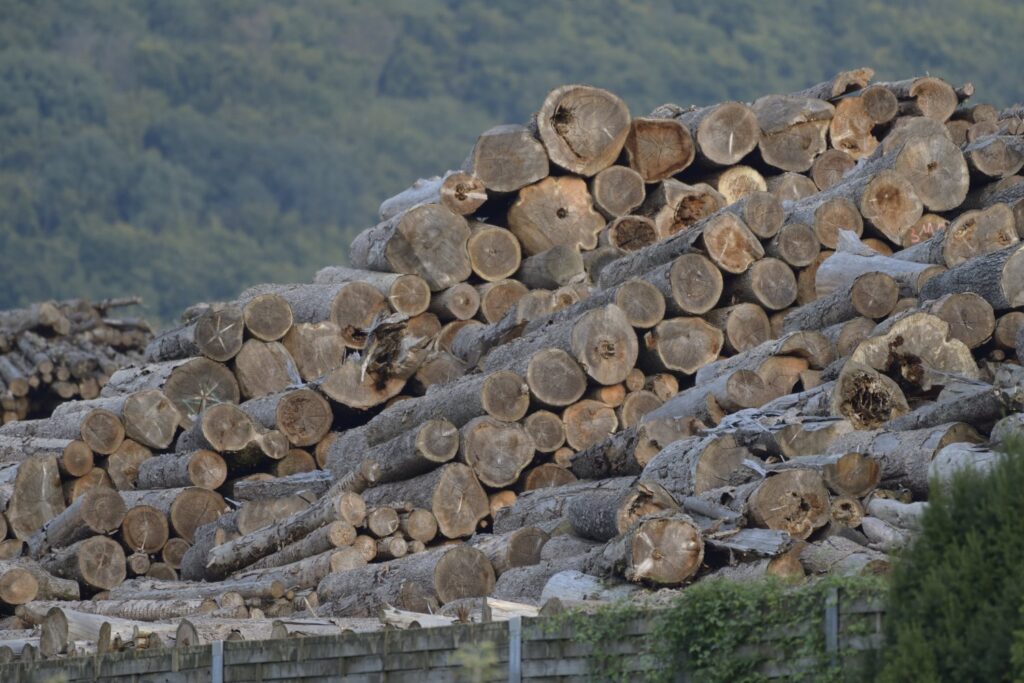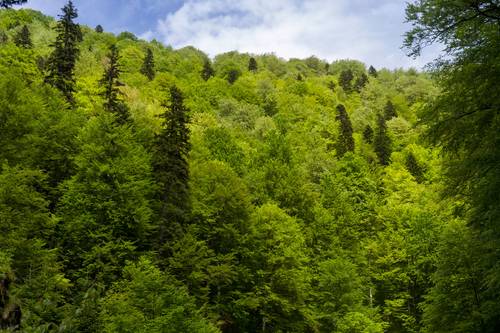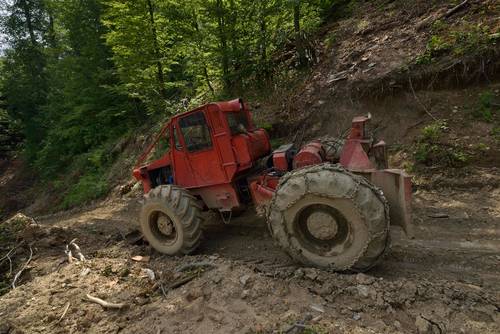After a legal complaint filed by Romanian environmental NGO, Agent Green in 2019, the Romanian Supreme Court has cancelled logging permissions in more than 7,000 hectares of natural forest in Făgăraș Mountains Natura 2000.
For a number of years, Agent Green, has filed, at their own costs, many legal complaints against logging permissions issued by Ministry of Environment siting violations of national and international legal provisions, such as EU’s Nature Directives.
On November 29, 2021, the Bucharest Court of Appeal annulled the forest management plans for over 7,000 hectares of natural forest in the Avrig Forest District in Făgăraș Mountains, which are under protection by EU’s Natura 2000 legislation. The decision, though welcomed by environmentalists, may be appealed by Romsilva, Romania’s state forestry agency. The court’s decision puts the forests – where logging had been put on hold following earlier because of the complaint – under temporary protection.
“We made the preliminary complaint in 2018 and the court initiated legal action in 2019. The reason for our complaint was that the forest management plan allowed logging in two Natura 2000 sites, without any environmental and Natura 2000 appropriate assessment and because some forest parcels that were identified as potential virgin or quasi-virgin forests were destroyed and had not been classified in the appropriate category. A Ministerial Order from 2012 states that these plots must be preliminary classified in a strictly protected category until the area is studied and it is determined whether or not they are ‘virgin forests’. This did not happen and, tragically, some of these forests have already been destroyed,” Cătălina Rădulescu, the lawyer of Agent Green, explains.
The illegal logging was detected by Agent Green investigators during earlier field visits. Forest destruction was in full operation although the area is theoretically protected by EU legislation – Natura 2000 prohibits deterioration of protected ecosystems and species that are in good conservation condition. It was found that there were no studies in place to assess whether or not the forests meet the criteria for ‘virgin forests’.
Worryingly, the Romanian Ministry of Environment opposed the request to suspend the logging operations, arguing that the cutting of these forest parcels would not cause irreversible damage to the environment. Additionally, the Ministry called the ecological concerns “irrelevant”.
Agent Green presented evidence to the court that the approval of the forest management plan was issued in violation of laws because no environmental assessment was carried out during the development of the forest management plan.
Only after the management plan entered into force – now shown to be illegal – was documentation compiled that neither involved a proper strategic environmental assessment (as obligatory by EU Strategic Environmental Assessment Directive) nor an appropriate assessment (as obligatory by the EU’s Habitats Directive). Bizarrely, the Ministerial Order approved the documentation several years after the forest management plan had entered into force.
Logging operations in primary and old-growth forests in Romania’s Natura 2000 sites occurs without the legal requirement to conduct prior strategic environmental assessments or appropriate Natura 2000 assessments. This decision by the Bucharest Court of Appeal confirms that logging permissions that were granted without conducting these prior assessments are unlawful.
In 20201, the European Commission has opened an infringement procedure against Romania because of evidence of illegal logging of natural forests in Natura 2000 sites. However, the infringement proceedings have not progressed since July 2020 and forest destruction continues to spread.
This very case and evidence of ongoing destruction of primary and old-growth forest shows that the problem is not at all “solved”. Natura 2000 legislation in Romania has still major systematic enforcement problems and many of the most valuable natural forests in the EU are still being destroyed with the clear knowledge and permission of the state.
“The Supreme Court’s decision clearly shows that the Romanian government has been ignoring the EU’s mandatory legal obligations to protect primary forests and other natural habitats in good conservation status – as well as listed species and their habitats – in Natura 2000 sites. Unfortunately, even the recent legislative changes of the Romanian government do not comply with EU nature conservation requirements. On the contrary, field evidence clearly shows that the wide-spread destruction of primary and old-growth forests in Romanian EU Natura 2000 sites continues and has even increased after the European Commission launched the infringement procedure in February 2020,” Agent Green’s president Gabriel Paun underlines.
“The fact that the Ministry of Environment refused to take measures to protect these extremely valuable and EU-protected forests in the Natura 2000 site Făgăraș Mountains during the trial is unbelievable and shows that the government is not eager to improve forest protection. Therefore, we call on the European Commission to urgently continue the infringement procedure against the Romanian state and refer the case to the Court of Justice of the EU,” Gabriel Paun concludes.
The link to the decision of the Appellation Court of Bucharest: http://portal.just.ro/2/SitePages/Dosar.aspx?id_dosar=200000000369607&id_inst=2




